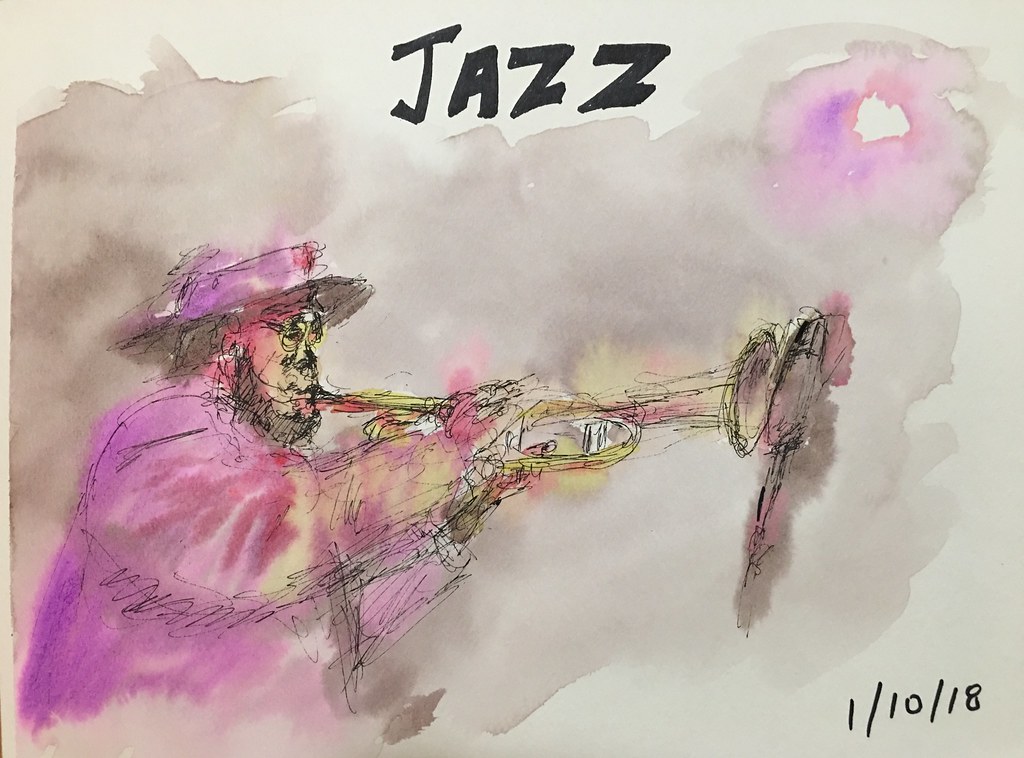As I mentioned earlier, I used the MBTI in my OB class this past week. I shared with the students the fact that I am an ENFP. Being an ENFP works pretty well as a teacher. You like being in groups, you like talking about abstract concepts, you care about people, and ... well the P cuts both ways. You might argue a J would be better, because at the end of the day you have to give out grades. But as a P I think I do a lot of innovative things with my classes. When I teach, it's more like a jazz performance than a classical performance. I spend a lot of time preparing for class, but I never know quite where I'm going to go or how I'm going to explain the material - it could all change in the moment as I am trying to connect with the class.
The story I shared with the class is that prior to getting into academia, I worked as a hospital CFO - a job that is more naturally an INTJ. The TJ is that analytical, process oriented mind set that lays down the rules and makes everyone stick with them. I was good at that role. Some of my E and F would leak out here and there, but I think to the benefit of the organization. But in that role, it was always like I was play acting - I was wearing an INTJ mask at work - but it wasn't really me. When I became a teacher, I was able to take off that INTJ mask and really be myself.
I could have gone my whole professional career pretending to be an INTJ, and it would have been fine. But there would always have been some dischordance in my life between my work self and my non-work self. I'm much happier now that I get to be more true to who I am every day. It's not quite the same thing as finding your passion - it's more about finding your fit.
